The Fidesz and the Christian Democrats (KDNP) have started their two-day parliamentary group meeting in Esztergom. According to information obtained by Magyar Nemzet, Prime Minister Viktor Orban announced an economic program at the event, which was postponed to a later date than usual due to the flooding.
The world has changed radically since the outbreak of the pandemic and the war, PM Orban said. To describe this in simple economic terms, we can say that the East is going up and the West is going down. In his opinion, the East will be at the top of the list in the world economy in ten years at most.
Brussels and the Western world responded to this situation by declaring an economic cold war, Viktor Orban pointed out once again. For Hungary, however, this economic cold war is not good. Hungary wants to stay out of an economic cold war. If Hungary wants to be successful, it must be economically neutral, he stressed. Hungary must follow its own path, and must only adopt from the West and the East what is useful and reasonable. We must reject everything that could harm Hungarians.
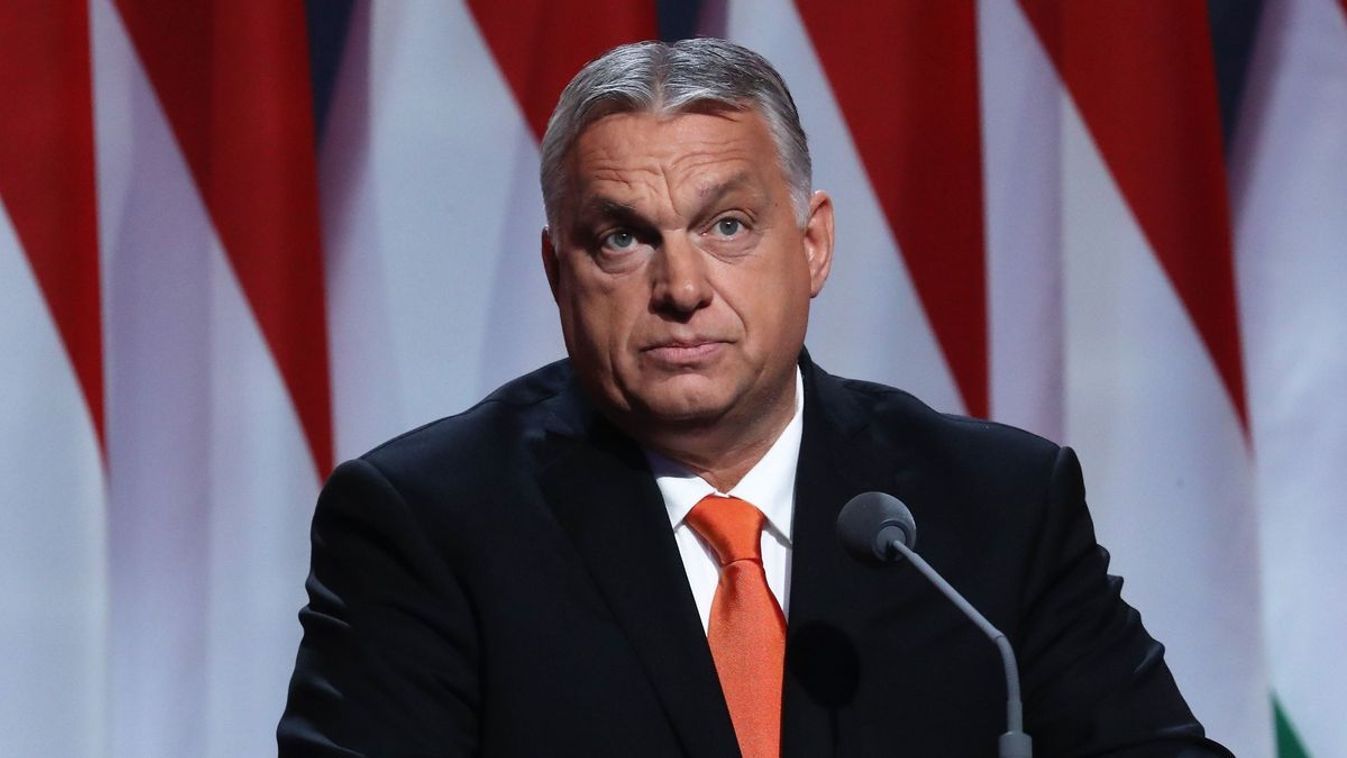


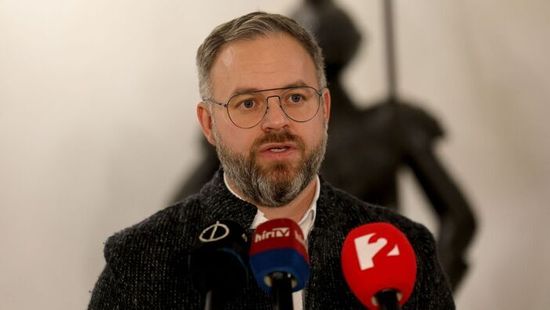
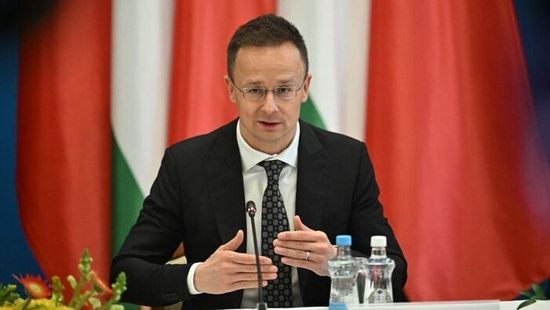



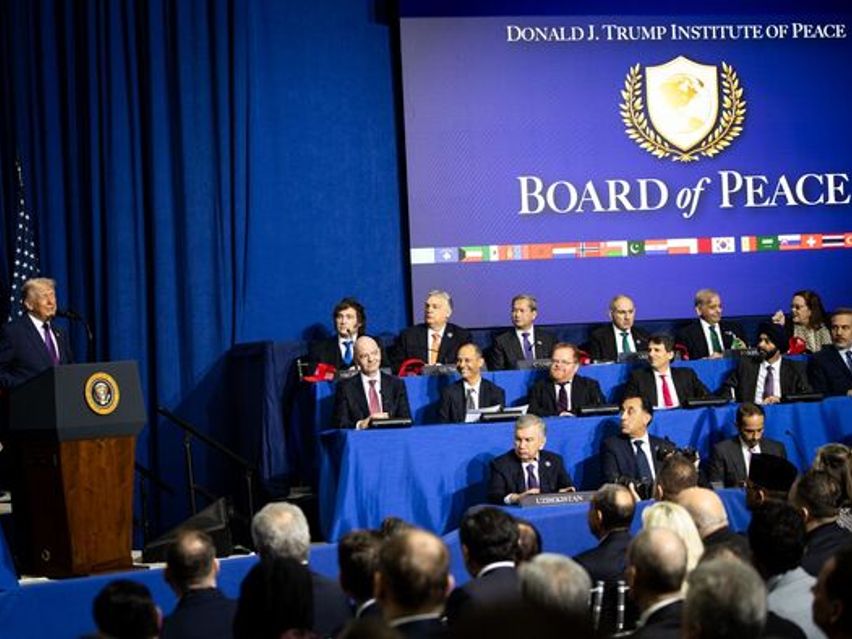
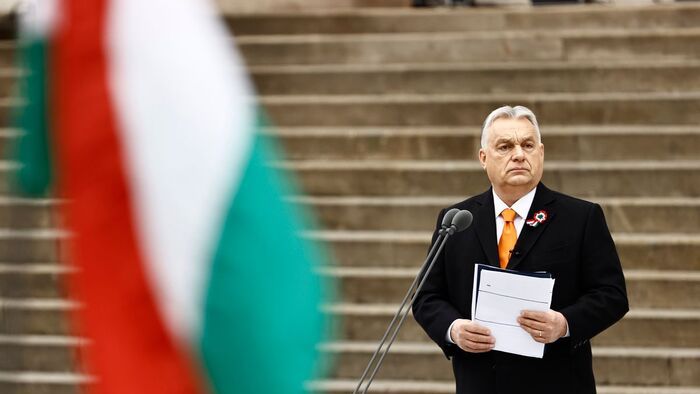







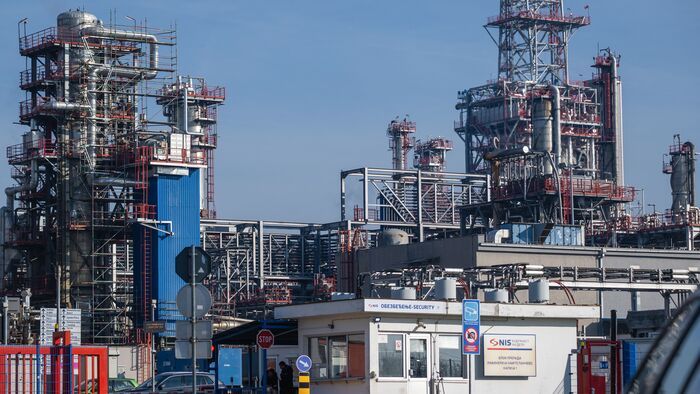




Szóljon hozzá!
Jelenleg csak a hozzászólások egy kis részét látja. Hozzászóláshoz és a további kommentek megtekintéséhez lépjen be, vagy regisztráljon!